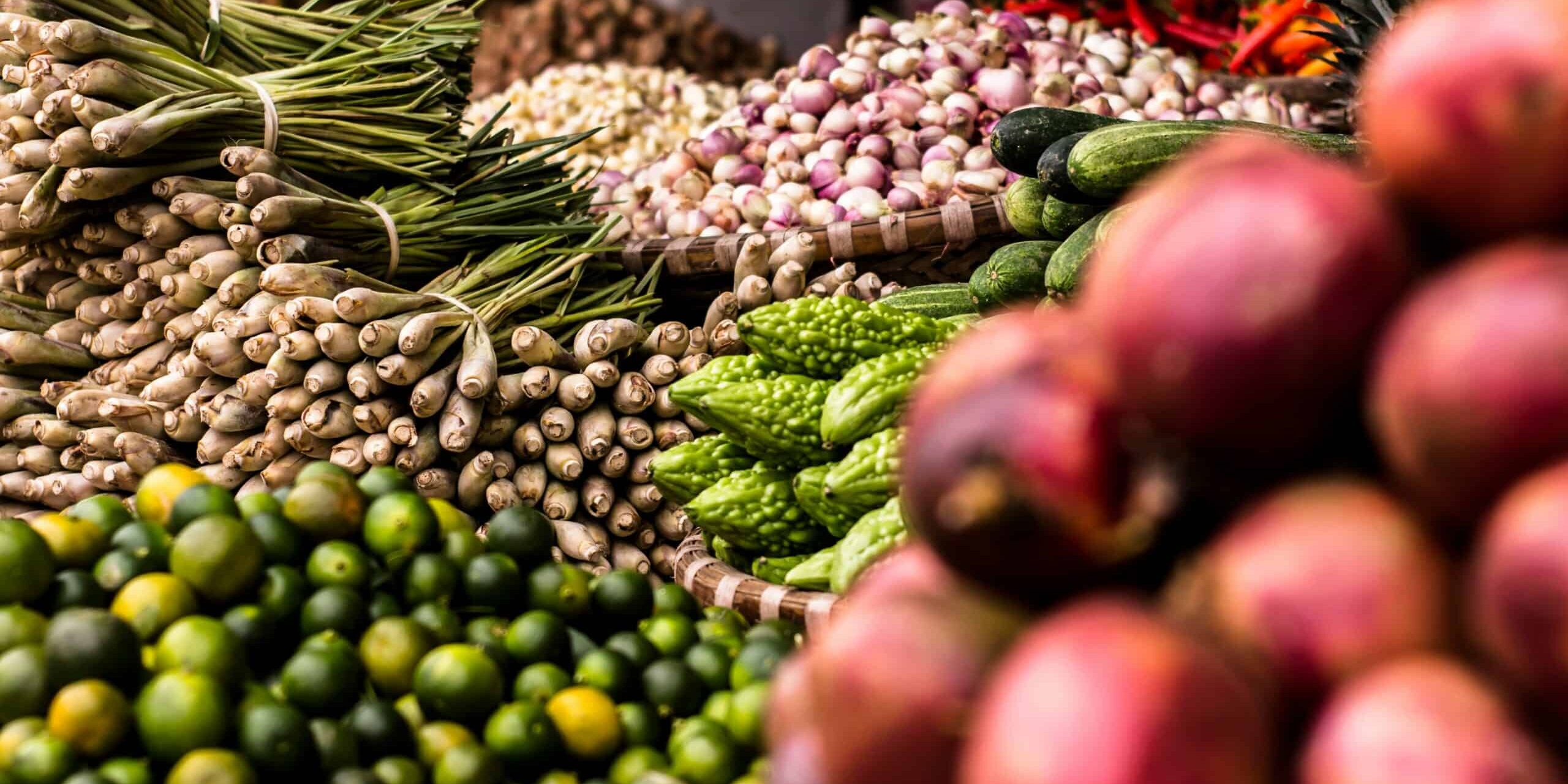As climate change increasingly impacts the food we eat, vertical farming is emerging as a groundbreaking solution, transforming the fresh food supply chain. This innovative approach leverages advancements in technology, robotics, and AI to grow and harvest crops vertically in controlled environments, offering a sustainable alternative to traditional agriculture.
A prominent vertical farming company in the USA is leading this transformation. Inspired by a family history of entrepreneurship and a passion for addressing complex societal challenges, the company’s founder and CEO has steered the venture towards redefining agriculture. His journey from investment banking to tech entrepreneurship equipped him with the skills to innovate in the agricultural sector.
Vertical farming allows for precise control of climate and light, enabling crops to grow in commercial-scale indoor farms. This method is 140 times more productive than traditional farming and uses 95% less water. Additionally, the company’s farms operate entirely on renewable energy, significantly reducing their environmental footprint.
The integration of vertical farming with traditional agriculture is crucial. Both sectors are adopting technological advancements like robotics, AI, and sensors to enhance efficiency and productivity. For this transformation to be successful, national investments in R&D, infrastructure, tax incentives, and workforce training are essential. Federal programs need to evolve to support these innovative farming technologies, whether used indoors or in the field.
The quality and flavor of vertically farmed produce are unparalleled. The company selects seeds for taste, not just yield, resulting in pesticide-free produce harvested at peak freshness and delivered to stores within a day or two. This approach preserves nutritional value and sets a new standard for quality and taste.
Innovation and agility are key to overcoming market challenges. By continuously evaluating and adapting products and processes, the company ensures growth and maintains a focus on simplifying and streamlining the fresh food supply chain. This strategy reduces food miles and waste, creating a more resilient and sustainable supply chain.
As climate change continues to challenge traditional food systems, vertical farming offers a promising solution. By collapsing a complex supply chain into a single building, vertical farming delivers fresh produce faster, more efficiently, and with significantly less waste, ensuring a secure and sustainable future for food production.
#ICTTMNews #BreakingNews#SupplyChainNews #VerticalFarming #SustainableAgriculture #FoodSecurity #InnovationInAg #FreshFoodRevolution







